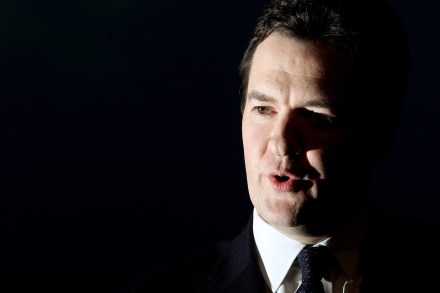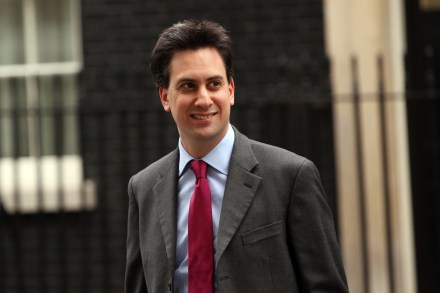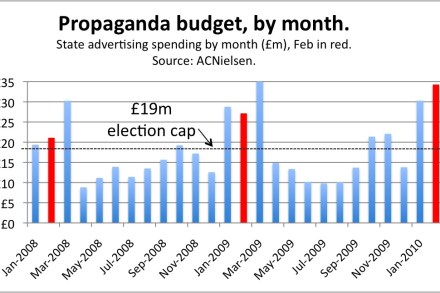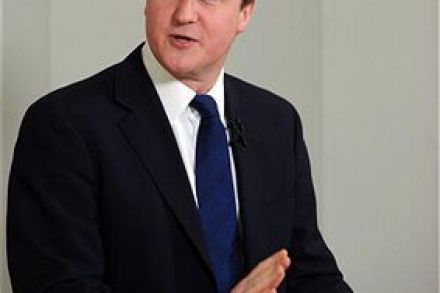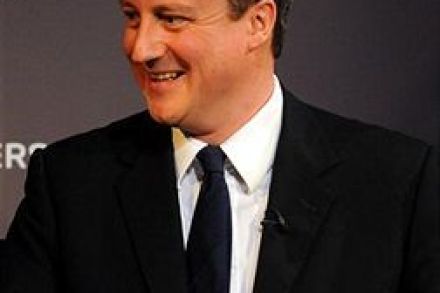Osborne steps up his game
George Osborne must have changed breakfast cereals, or something, because he’s suddenly a different man. After the Tories muddied their economic message to the point of abstraction a few weeks ago, there’s now a new clarity and directness about the shadow chancellor’s languange. Exhibit A was his article in the FT last week. And Exhibit B comes in the form of his article for the Sunday Telegraph today. It sets out five deceptions that we can expect from the Budget this week, and are all punchy and persuasive in equal measures. But it’s the first which, as I said on Friday, is the most important: “The Chancellor might be so
